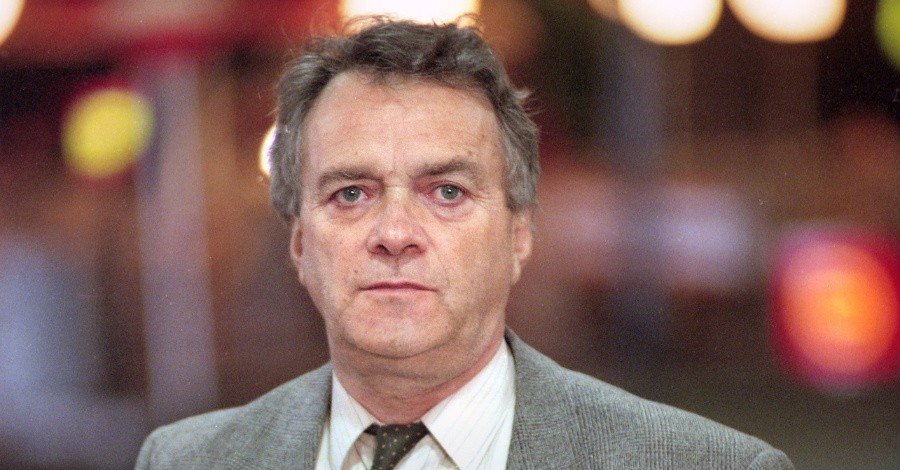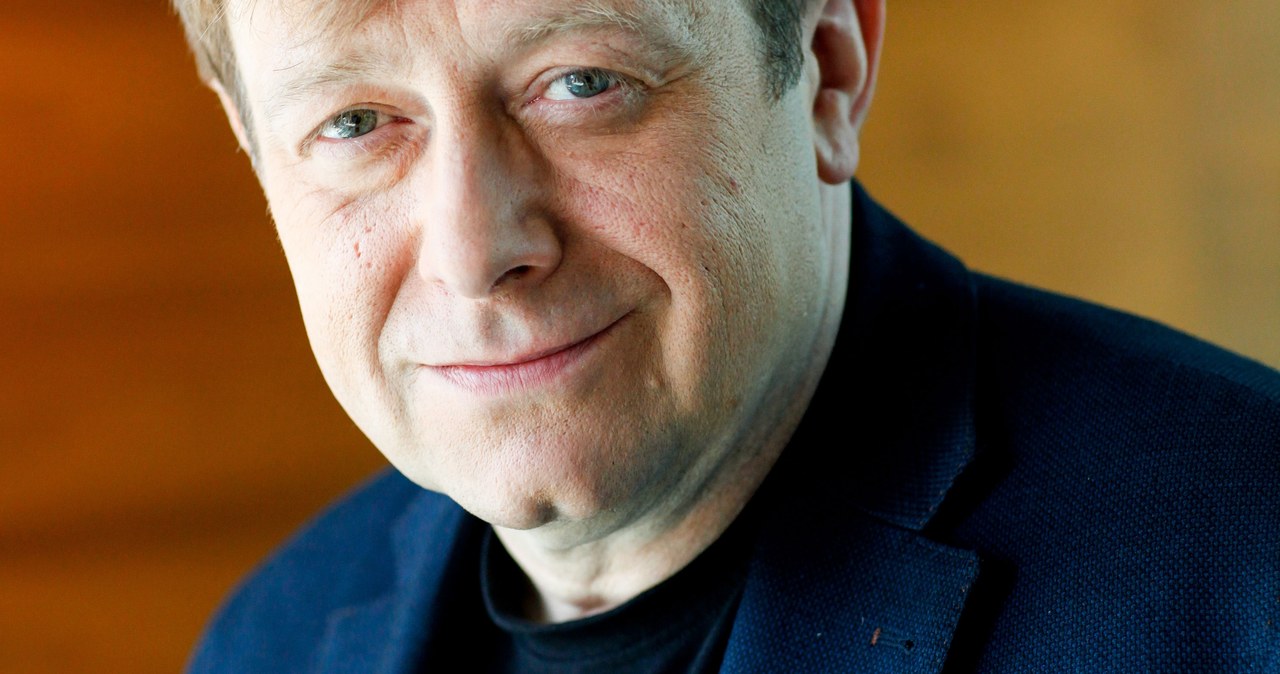It took famed British director Christopher Nolan several years to tell the story of J. Robert Oppenheimer, head of the infamous “Manhattan Project,” which claimed the lives of nearly a quarter of a million people in Hiroshima and Nagasaki and went down in history as one of their darkest points.
The story about a theoretical physicist, and in some circles even a scientific celebrity, whose charisma and creativity far exceeded those in the highest offices in the country, including presidents, seemed to have been created for this creator – a fearless visionary. Even the humble stories, tell stories in your own original and epic style. Oppenheimer's biography was biding its time for Nolan. She was also waiting for Cillian Murphy, who brilliantly played this mysterious, internally conflicted character, skillfully balancing all the uncertainties the world still faces with his out-of-touch public image.
Oppenheimer: The nuclear arms race
We meet Oppenheimer as a gifted, if sometimes distracted, student who is bored by laboratory activities because he is already thinking about more important, if more abstract, theories and experiments. His school days and the few years after leaving school were a great time for science, especially in a field as pioneering as physics and quantum mechanics. These are the times when young innovators have the opportunity to learn from the best and most enlightened minds, such as Albert Einstein, Niels Bohr, or Max Born, at scientific centers around the world.
Oppenheimer's talent is soon revealed, as is his wild personal charm, which constantly causes trouble for the physicist. However, these are historically and politically turbulent times where everyone must support a choice, and it is impossible to remain neutral. The approaching war and the attitude of the Third Reich towards the Jews make many European scientists seek safe haven in America, and some of them decide to support their cognitive activities aimed at a quick end to military operations.
In these circumstances, the US military uses Oppenheimer's authority, talent and charisma, making him the leader of a secret group based in isolated Los Alamos that carries out experiments and calculations of state importance. Although nothing is initially known about the project, it soon becomes clear that everyone is participating in a nuclear arms race, the effects of which do not take long to appear.
Cillian Murphy in “Oppenheimer”
Oppenheimer: Nolan questions the meaning of existence
It's clear that Christopher Nolan, with his massive epics like Inception, Interstellar, and Dunkirk, has always been preparing viewers for Oppenheimer's film, a film that falls somewhere between a visual and sonic masterpiece created for the biggest of screens and traditional war cinema. With the times of the Cold War.
Although the narrative appears somewhat classical, the director has a habit of disturbing chronology, treating time non-linearly and delighting it with effects that could easily be described as “Nolanic.” Nolan, as he seems accustomed to doing, asks the most important questions about the meaning of one's existence in the vast universe, creates visions of infinity, and encourages reflection and a careful look at the sometimes starry sky. It doesn't do it all intrusively, it allows everyone to enjoy even the smallest details at their own pace and according to their needs.
It seems that in Oppenheimer there is less philosophy and more flesh and blood man. Less wanderings in the wilderness of the human mind, and more everyday life and pragmatism, although the main character's fate is by no means ordinary.
Cillian Murphy in “Oppenheimer”
“Oppenheimer” shows a different side of Nolan, “Nolan 2.0,” who seems to have found a golden mean between the space-time-bending acrobatics of “Interstellar” or “Tenet” and his older works that earned him fame from viewers and critics. , such as “souvenir.”
While his previous works can sometimes be seen as an expression of style more than substance, in “Oppenheimer” the director shows himself at his best—as a mature creator who doesn’t need fireworks to attract attention and hold attention from beginning to end. . He does not jeopardize his reputation or lose the distinctive qualities that made him one of the most valuable contemporary filmmakers. It is for such scenes that we return to watching them on the big screen. For Oppenheimer.
Christopher Nolan's Oppenheimer will compete for thirteen Oscars. The 96th Academy Awards ceremony is scheduled to be held on the night of March 10-11. It will be hosted by Jimmy Kimmel for the fourth time.

“Amateur social media maven. Pop cultureaholic. Troublemaker. Internet evangelist. Typical bacon ninja. Communicator. Zombie aficionado.”

![Oppenheimer, winner of 7 Oscars. We return to movie theaters for such spectacles [RECENZJA] Oppenheimer, winner of 7 Oscars. We return to movie theaters for such spectacles [RECENZJA]](https://ocdn.eu/pulscms-transforms/1/Ybbk9kpTURBXy8xNzFhNTk4ZDUwZGU1OGQ2MDhjYWE4MTcwNTIxOWZmMy5qcGeTlQMAzIbNBaDNAyqTCaZkYzFiZTEGkwXNBLDNAnbeAAGhMAE/cillian-murphy-w-filmie-oppenheimier.jpg)







